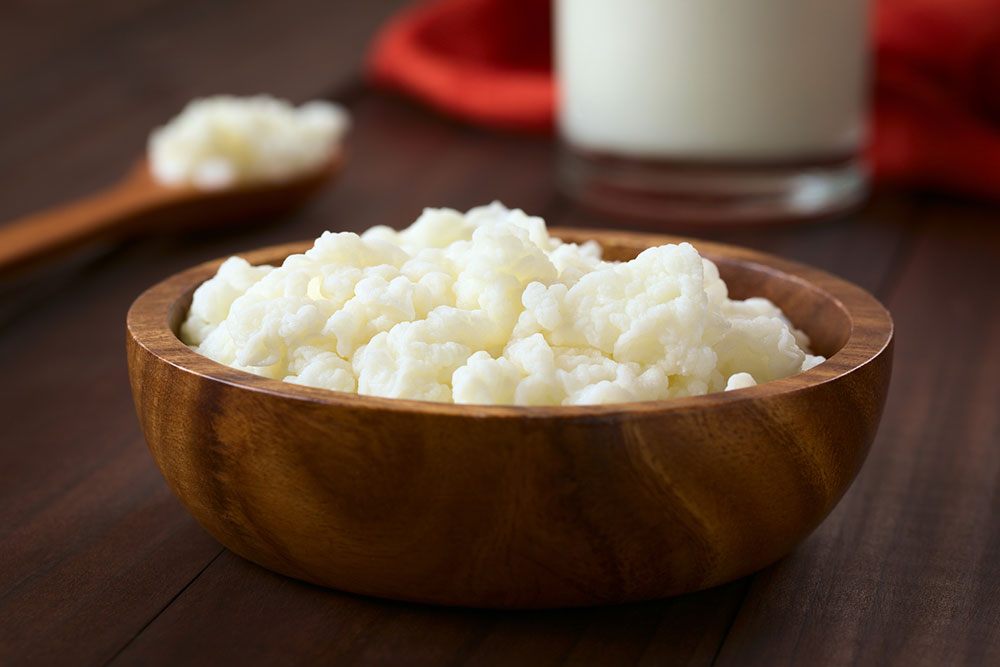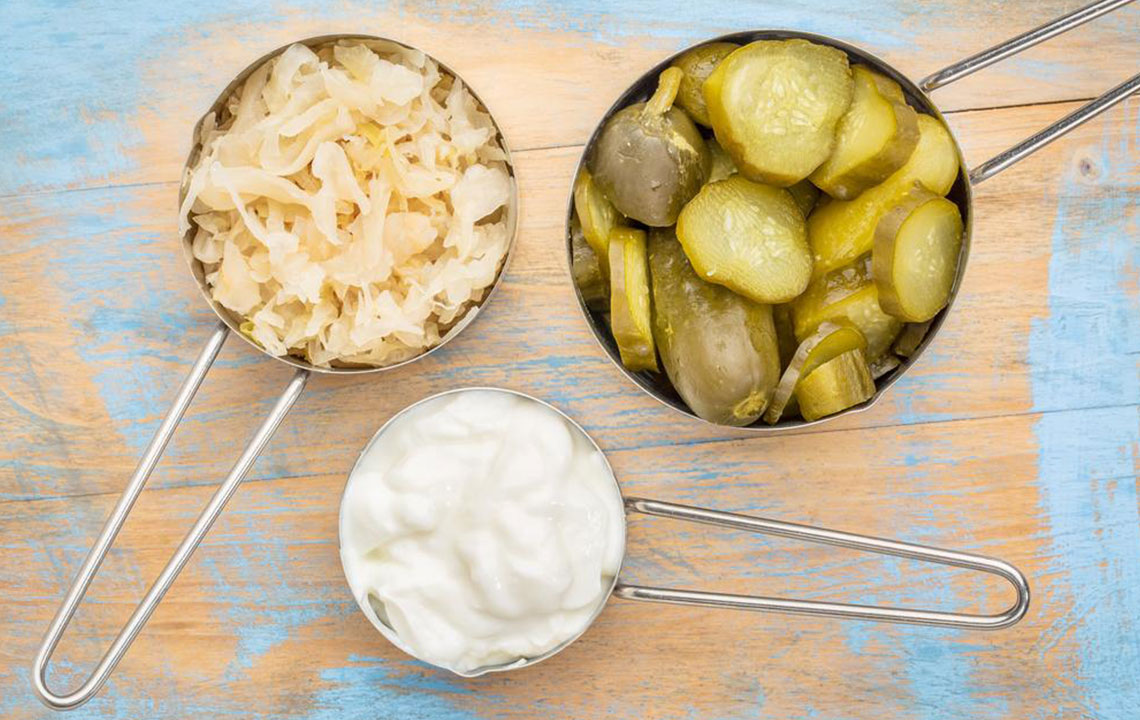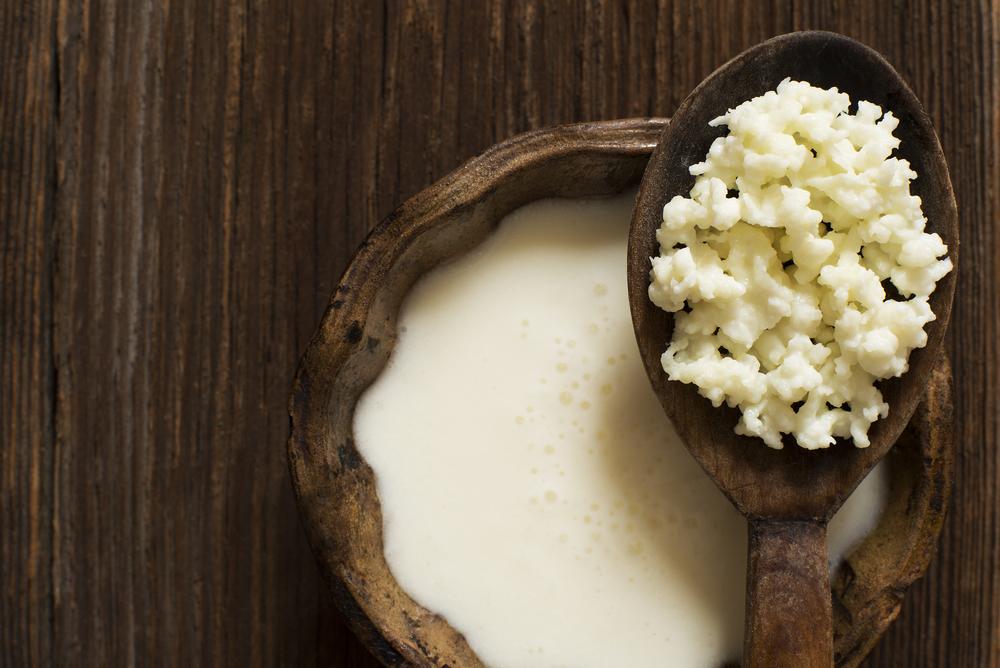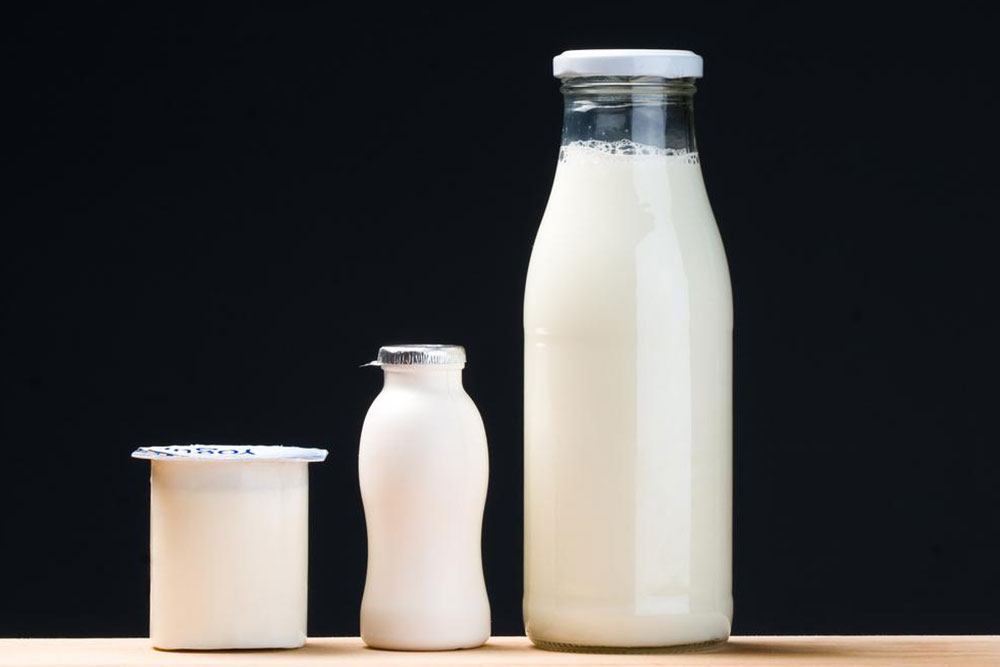Top Natural Probiotic Foods to Enhance Your Well-Being
Discover the top natural probiotic foods that can boost your immune system, improve digestion, and enhance overall health. Including items like kefir, yogurt, kimchi, natto, and sauerkraut in your daily diet can provide numerous health benefits, from aiding gut health to supporting heart health. This guide offers easy ideas for incorporating these nutritious foods into your meals, helping you achieve better vitality and well-being through natural probiotics.

Top Natural Probiotic Foods to Enhance Your Well-Being
Adding probiotic-rich foods to your daily diet can strengthen your immune system and improve nutrient absorption. These beneficial microbes are essential for a healthy digestive tract. Here's a list of some of the best probiotic foods to include in your meals for optimal health benefits.
Reduce chances of colds and flu
Improve skin health and radiance
Support weight control efforts
Aid recovery from gut conditions like IBD and leaky gut
Boost digestion efficiency
Enhance immune resilience
Increase energy levels and vitality
Experts note that consuming probiotic foods can help prevent infections and improve overall health.
Kefir
This fermented milk drink, made with kefir grains, contains a variety of beneficial microorganisms. Research indicates kefir can boost immunity and aid digestion. It is suitable for those intolerant to lactose and offers health benefits without digestive issues.
Yogurt
A widely enjoyed probiotic food, yogurt strengthens bones and helps control blood pressure. Choosing varieties with live cultures maximizes probiotic intake. It also mitigates antibiotic-related diarrhea and eases irritable bowel symptoms.
Kimchi
This spicy Korean fermented cabbage dish is seasoned with ingredients like ginger, garlic, chili, and scallions. It contains probiotics such as Lactobacillus and other lactic acid bacteria. Kimchi is rich in vitamins B2 and K, iron, and minerals, promoting healthy digestion.
Natto
A traditional Japanese fermented soybean dish, natto provides Bacillus subtilis, supporting immune function and heart health. It is abundant in vitamin K2 and nattokinase, an enzyme that reduces inflammation and prevents blood clots, benefiting cardiovascular health.
Sauerkraut
Fermented cabbage, or sauerkraut, offers dietary fiber, vitamins B, C, K, and essential minerals such as iron and manganese. Its probiotics promote gut health, while antioxidants contribute to eye health. Always select live bacteria versions for maximum probiotic benefits.
Apple Cider Vinegar
A versatile addition to your diet, apple cider vinegar can be used in salads or diluted for daily consumption. It helps regulate blood sugar, lowers cholesterol, and supports weight and blood pressure management.
Tempeh
This fermented soy product is rich in protein and vitamin B12, making it a great vegetarian meat substitute. It can be enjoyed raw or cooked and pairs well with miso for enhanced probiotic benefits.
Other probiotic sources include:
Miso
Kvass
Kombucha
Coconut kefir
Pickles and olives
Cheeses like mozzarella, gouda, and cheddar
Traditional buttermilk
Always consult a healthcare professional before adjusting your diet for personalized health advice.


